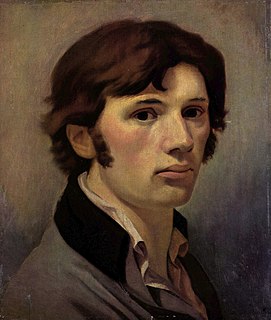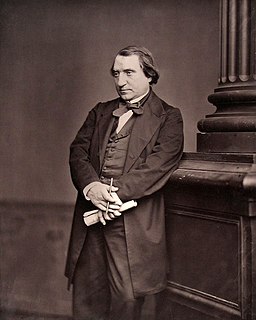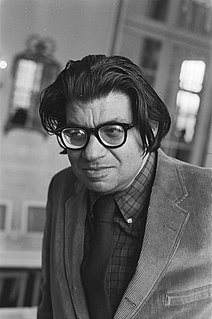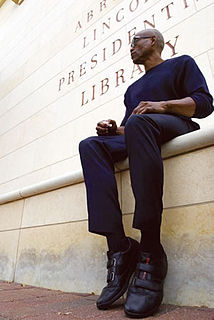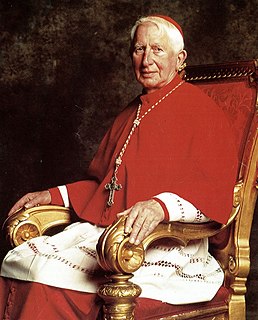A Quote by Philipp Otto Runge
Art of all periods teaches us that humanity changes, and that a period, once past, never returns.
Related Quotes
When I look over my past, I see that the stages in my life are like the phases of the moon. I've had periods where I was the waxing gibbous: fat with wealth and success. There have been other seasons when my happiness was like the waning crescent and I watched my joy fade away slowly, merging with the atmosphere around me as if it never existed. Then I felt as if I was left with nothing more than an illusion, but happiness returns in time and glows once more in corpulent fullness. It's time that makes the difference.
The mathematic, then, is an art. As such it has its styles and style periods. It is not, as the layman and the philosopher (who is in this matter a layman too) imagine, substantially unalterable, but subject like every art to unnoticed changes form epoch to epoch. The development of the great arts ought never to be treated without an (assuredly not unprofitable) side-glance at contemporary mathematics.
The historian is looked upon as objective when he measures the past by the popular opinions of his own time, as subjective when he does not take these opinions for models. That man is thought best fitted to depict a period of the past, who is not in the least affected by that period. But only he who has a share in building up the future can grasp what the past has been, and only when transformed into a work of art can history arouse or even sustain instincts.
Oh my God, does art engender humanity? It awakens your humanity. But humanity has nothing to do with political theory. Political theory is in the interests of one group of humanity, or one ideal for humanity. But humanity-my heavens, that's what proper art renders. We have a paradox. Going into the deepest aspects of inner space connects you with something that is the most vital for the outer realm.
Why God should want and need us is a mystery. But it is true: otherwise he would not have created us and life would ultimately have no meaning for us. It is good to remember that in God the is a constancy, a consistency of attitude which never changes, irrespective of what we are or how we act: he never changes in is wanting us or needing us.
There are differences between us. But it doesn't make sense to emphasize that, because my future and yours is connected with everyone else's. So we have to take seriously our concern for all of humanity. When we focus on our individuality, humanity inevitably suffers. And once humanity suffers, each one of us will also suffer.
